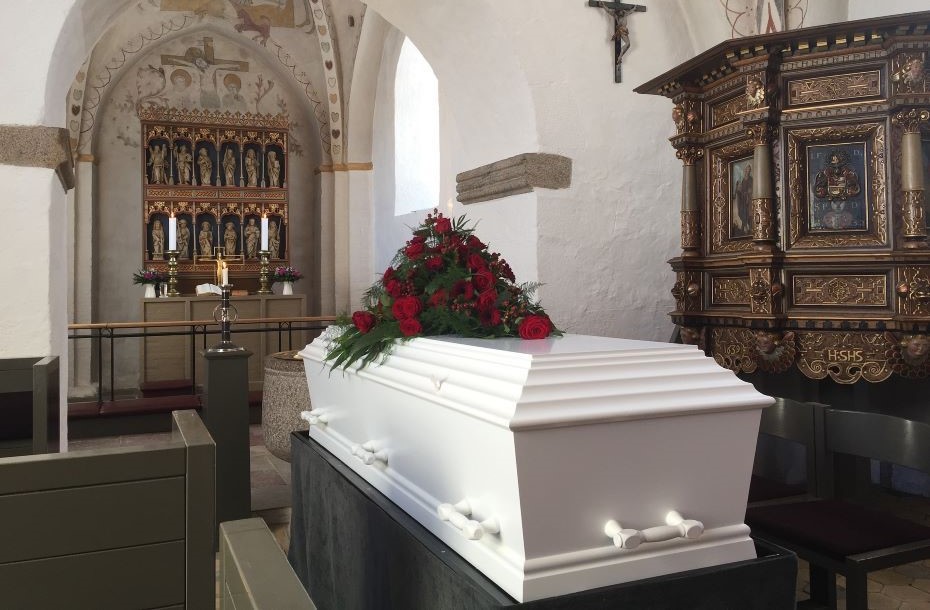
The funeral is a human being’s oldest ritual or rite, with the oldest burial found at Mr Carmel and the Galilee in Israel reportedly dating back to around 130,000 years ago.
While death and dying was an accepted part of life up to a few generations ago, and seen as a community event involving family, friends and neighbours, today many in the community are uncomfortable talking about death and related topics such as funerals.
This has led to many being unsure of what they can do or misinformed when it comes to death.
Here we break down six of the most common funeral myths.
The cost of a funeral really depends on the wishes of the dead or their family.
The average cost of a funeral in Australia ranges from around $3,000 to $20,000 depending on whether you opt for a cremation or burial and the type of memorial,
Cremation is the more cost effective option, which has seen a decrease in burials across Australia.
Many funeral homes in Australia now offer affordable packages and services to fit within budget requirements, including the offer of direct cremation. This could involve the body being cremated, with no accompanying ceremony.
Funeral services are an important way to remember the departed and support in the grieving process, no matter what religious beliefs or faith.
While religious groups have their own set of customs and rituals, including how they approach funerals and death, there is no rule of thumb that funerals can only be a religion based event.
Non-religious funeral services can also be conducted, though are not tied to the traditions, rituals, or beliefs of any particular religion. These may include similar elements to religious services, such as eulogies and readings.
In Australia, it is not a legal requirement that all bodies have to be embalmed.
If the body goes directly to burial or cremation, embalming is unnecessary in most cases.
It is only needed by law when no refrigeration facility is available after death, or if the body is to be transported interstate or internationally.
Funeral homes require embalming if the visitation or viewing is open to the public.
While the appointment of a funeral director is not mandatory or a legal requirement in Australia, they play an incredibly valuable role in arranging a funeral, especially during emotional loss and grief.
The funeral director provides expertise and compassion at an extremely difficult time.
They can organise a funeral within days and looking after all aspects including arranging a venue for a service, transport, sorting out the death certificate and other legal paperwork and notifying relatives.
In modern days, funerals are not just bound by the idea of having them within four walls of a church or a non-religious chapel.
The funeral industry has changed a lot in the last few years, and now helps plan and carry out services at more unusual locations that held special memories for the deceased. This is to make end-of-life celebrations more colourful and reflective of the life lives.
It can happen anywhere, depending upon the individual’s choice. Some examples of where funerals can be hosted include the family home, sporting club, botanical garden, winery, beach, or a green cemetery.
Funeral insurance can prove a costly exercise and is definitely not a viable financial planning instrument.
Premiums increase annually, often making it difficult for those on a pension to meet the increasing costs. More importantly, if the policy holder cancels it before the death, they won’t get anything in return.
The insurance policy gives your family a certain amount to pay for funeral expenses after death, with coverage ranging between $5000 to $15000.
For those who want to ensure the cost of their own funeral is covered, the better option is to enter into a pre-paid funeral with a funeral provider of your choice, which covers the full cost of the funeral chosen regardless of the date of death.